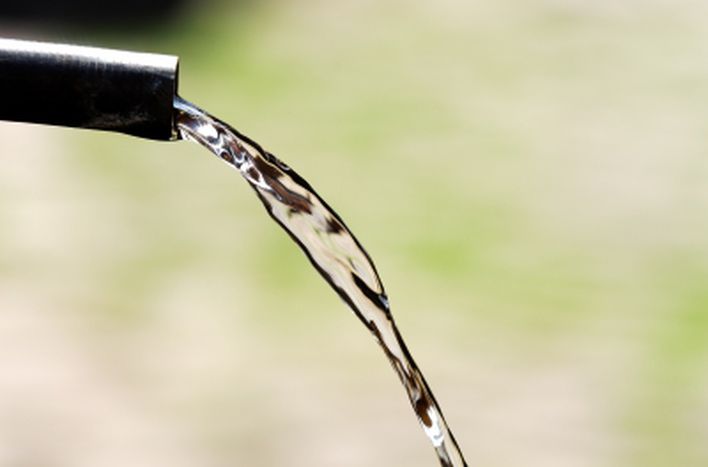
The Iraqi challenge of water management
Published on
Water scarcity in Iraq forces the Government to diversify the country’s sources of supply.
Water in Iraq triggers a lot of concern and conflict. In a country that is torn apart by sectarian conflict and is building political stability, access to water is one of the top national priority. The government plans to invest a lot of money to tackle the issue. The city of Basra is one of the first to benefit from that policy.
A rampant issue
Iraq got out of an extended period of conflict. Since the 1980’s, the Iran-Iraq War, the Kuwait War, and the Iraq War have disturbed the country’s development. These thirty years of chaotic History have left Iraq with a complex water management issue. Needless to say efficient management of such a precious resource with damaged infrastructure is a real challenge. More often than not, Iraq’s water management capacity underperform. Besides, the UN assessed that only “50 percent of all used water is being wasted in Iraq”, mostly due to damaged or inefficient infrastructure.
Moreover, only “73 percent of city populations and 43 percent of the rural population [had] access to clean water” in 2004. Ten years and a war later, the situation did not really change for the better. Hence Iraq’s government now wish to improve the situation drastically and put $1, 5 billion dollars on the table for that. That money is allocated to various water and sewage projects throughout the countries. “We will ask companies to bid for them in 2014” Municipal Affairs Minister, Adil Mhoder said. “By the end of 2013, these projects will have completed the planning phase and will start to be implemented”.
Public investment in water management infrastructure are more than necessary in Iraq. For in many places, water shortage has caused conflicts and fight between people. Insufficient water access set off demonstrations in Basra during summer in 2013 for instance. According to the British International Center for Development Studies, “the decreasing flow of water has resulted in destruction of 10 percent of the fertile land” in southern Iraq. That part of the country has therefore become the spearhead of Iraq’s new effort for water management.
Production and access to water, two sides of the same coin
Lauching many projects, national and local governments aim at diversifying Basra’s source of water supply. For instance, the city will rely on a brand new desalinization plant that will turn 200 million liters of salt water into drinkable water every day, 73 mcm (million cubic meter) per year. That $270 million project was attributed to Veolia Water, French leader in water treatment, along with Japanese industrial company Hitachi and Egyptian civil engineering firm ArabCo. “Innovative water filtration processes will change Basra’s people lives” Veolia Water Solutions and Technologies’ sales director Patrick Couzinet explains, “the desalinization plant will definitely make splitting water resources between population, farms, and industry a much easier task”.
Within a few month, new drinkable water production process will be in use in Iraq and will add up to newly renovated infrastructure. For instance, a canal was recently dug in Shat Al Aarab to bring water coming out of aquifers to Basra’s surroundings. “This project aims to deliver potable water to Faw, Abu Al Khasib, Al Sibah and Al Tanuma areas” Ali Abdul Jabar, the project’s assistant manager, said. These district surrounding Basra will soon see water flowing to them too.
Both production and access to water are insufficient in Iraq and are a challenge for the country. For Iraqis, water management is of course a major public health issue. Besides the government’s will to solve it is all the more important since Iraq has been importing tremendous amounts water during the last decades. And such imports have a cost the country cannot bear forever.



